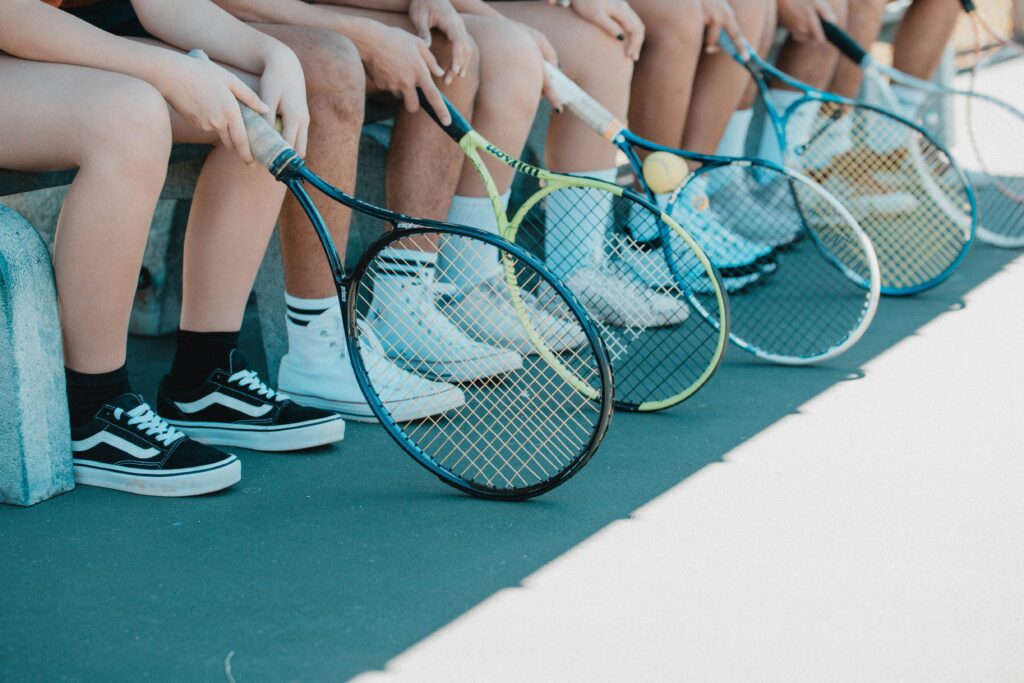"Self-compassion emerged as a crucial factor for mental toughness. Athletes who treated themselves with kindness and understanding were more confident, resilient, and capable of coping with setbacks."
Table tennis student-athletes often face intense mental and emotional challenges during training and competition. This study explored the levels of athletic identity, self-compassion, intra-team communication, and mental toughness among young table tennis players and examined how these factors influence their performance and psychological resilience.
The findings revealed that these athletes demonstrated strong athletic identities and effective communication within their teams, but only moderate levels of self-compassion and mental toughness. Athletes’ early involvement in sports likely shaped their strong athletic identity and communication skills, as sports environments promote collaboration and social interaction. However, moderate mental toughness may stem from their struggles in managing emotions like anxiety, which often leads to self-doubt during critical moments.

Self-compassion emerged as a crucial factor for mental toughness. Athletes who treated themselves with kindness and understanding were more confident, resilient, and capable of coping with setbacks. Conversely, athletes prone to self-criticism and negative self-judgment showed weaker mental toughness. This suggests that addressing uncompassionate behaviors is as essential as fostering self-compassion.
The study also highlighted the importance of teamwork and social connections. Positive intra-team communication strengthened team bonds and nurtured self-compassion, as athletes felt supported and valued. This supportive environment encouraged them to perform better and face challenges confidently. Sports practitioners are encouraged to design training programs that emphasize self-compassion while addressing self-critical tendencies. By fostering self-awareness and teamwork, athletes can develop the mental resilience needed for success, both on and off the court.

Investigating the effects and efficacy of self-compassion intervention on generalized anxiety disorders
Do you remember the dread of presenting in front of a crowd, or does even the thought make you uneasy? For some, anxiety is a

Exploring the Link between Athletic Identity, Self-compassion, Communication, and Mental Toughness of Table Tennis Student-Athletes
“Self-compassion emerged as a crucial factor for mental toughness. Athletes who treated themselves with kindness and understanding were more confident, resilient, and capable of coping

How Mindfulness and Self-Compassion Interventions are used for Trauma
“These results highlight that trauma-sensitive interventions could be combined with mindfulness and self-compassion interventions to address the unique presenting clinical problems of those who experienced

Exploring the Relationship Between Self-Compassion and Compassion for Others: The Role of Psychological Distress and Wellbeing
“The findings do support existing theories that link self-compassion to the ability to receive compassion from others, which is often fostered through secure attachment relationships.

humane Education: Building Pre-Adolescent’s Empathy and Compassion Towards Animals in The Indian Context
This study investigates the impact of humane education on fostering empathy and compassion towards animals within the Indian adolescent population. It addresses the escalating concerns

Emerging Adult Life Satisfaction and Mental Health: The Mediating Role of Self-Compassion and Social Support
“Fostering self-compassion and building strong support systems empowers educators and counselors to guide students through mental distress, enhancing their well-being and resilience.” This study investigated
